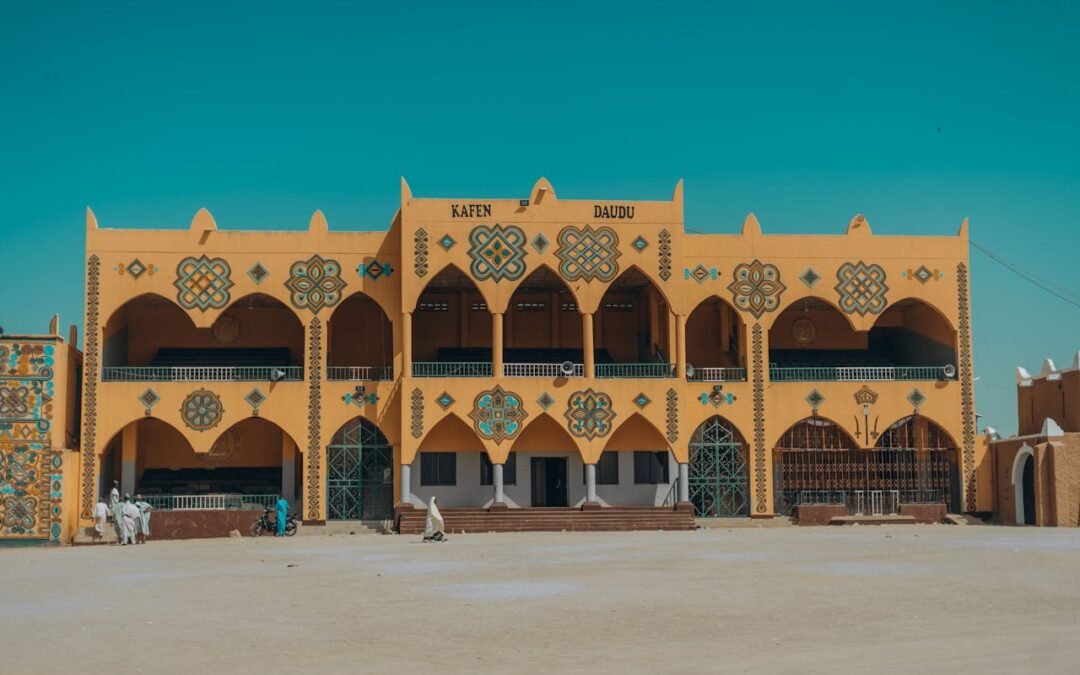Peacebuilding remains a critical priority for Africa, a continent that has faced numerous conflicts but continues to demonstrate remarkable resilience and hope. Across the continent, communities, governments, and international partners are working together to foster sustainable peace, rebuild societies, and address the root causes of conflict. This article highlights inspiring peacebuilding success stories from African nations, illustrating how inclusive governance, local leadership, and innovative approaches are transforming lives and communities.
Renewed Governance and Peacebuilding Framework in Africa
The African continent is currently benefiting from the Renewed Governance and Peacebuilding Framework (2022-2025), a strategic initiative aimed at achieving transformative change through people-centered, human rights-based, and inclusive governance systems. This framework emphasizes strengthening the social contract between states and citizens, particularly focusing on women and youth, to promote peace and sustainable development1.
The framework’s integrated approach includes prevention and early action, investing in youth, economic governance, democratic participation, rule of law, and local governance. By leveraging partnerships across regional and national levels, it supports tailored responses to specific country contexts, ensuring that peacebuilding efforts are both adaptive and effective.
Community-Led Peacebuilding in South Sudan
South Sudan, a country emerging from years of civil war, offers a compelling example of grassroots peacebuilding. Efforts like the Beyond Bullets and Ballots project bring together local government officials, electoral officers, police, military personnel, and civil society to foster dialogue and build social cohesion. By equipping communities with knowledge and tools, this initiative promotes self-reliance and strengthens local governance structures, which are essential for lasting peace2.
UN Volunteers and peacekeepers have played vital roles in supporting these efforts, providing legal advice, facilitating community dialogues, and ensuring protection for vulnerable populations during times of tension2. These collaborative approaches have helped reduce violence and build trust among diverse groups.
Women’s Leadership in Peacebuilding
Women have historically been at the forefront of peacebuilding in Africa, often working at the grassroots level to bring communities together and address conflict’s root causes. Despite their significant contributions, women remain underrepresented in formal peace negotiations and decision-making processes.
Recognizing this gap, the African Union and partners have launched initiatives to increase women’s participation in peace and security matters. Networks such as the African Women Leaders Network (AWLN) and the Network of African Women in Conflict Prevention and Mediation provide platforms for women to lead peacebuilding efforts and influence policy4.
At the recent High-Level Africa Forum on Women, Peace, and Security, leaders emphasized the need for a new collective security vision that includes women’s voices fully and addresses broader challenges like social inequalities and climate crises. Former Liberian President Ellen Johnson Sirleaf stressed that women should no longer plead for inclusion but be recognized as essential architects of peace4.
Peacebuilding through Innovation and Technology
Innovative approaches are increasingly shaping peacebuilding in Africa. For example, in the Democratic Republic of Congo, information analysts provide critical data to peacekeeping missions, helping anticipate threats and protect civilians. The use of technology enhances decision-making and operational effectiveness in complex environments2.
Ethical artificial intelligence (AI) is also emerging as a tool for grassroots peacebuilding, combining local expertise with advanced analytics to identify conflict risks and support early interventions. This blend of technology and human compassion promises to make peace efforts more targeted and sustainable6.
Success in Niger: Strengthening National Capacities
Niger’s peacebuilding experience illustrates how strengthening national capacities can help communities better cope with shocks such as insecurity, climate change, and economic hardship. Programs supported by the United Nations have focused on building resilience through inclusive governance, social cohesion, and conflict prevention measures5.
These efforts have enabled Nigerien communities to manage tensions proactively, reducing the likelihood of violence and fostering an environment conducive to development and stability.
The Role of Regional and International Partnerships
Effective peacebuilding in Africa depends on strong partnerships. The African Union’s Peace and Security Council, regional economic communities, and international organizations like the United Nations collaborate closely to coordinate efforts, share best practices, and mobilize resources.
The integration of governance and peacebuilding frameworks, such as linking the African Peace and Security Architecture (APSA) with governance mechanisms, enhances conflict prevention and management. These coordinated approaches address root causes of conflict and support sustainable peace3.
Conclusion
Africa’s peacebuilding success stories demonstrate the power of inclusive governance, community engagement, women’s leadership, and innovation in transforming conflict-affected societies. While challenges remain, these examples offer hope and practical lessons for building a peaceful and prosperous continent.
At AfricaDailyInsights.com, we are committed to highlighting these inspiring stories and providing in-depth analysis to keep you informed about Africa’s journey toward lasting peace.

